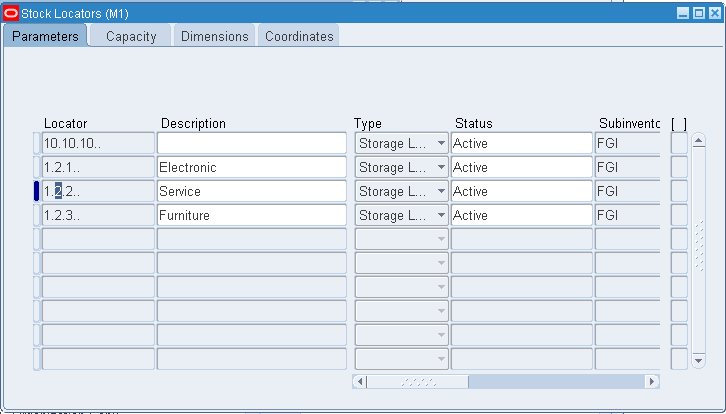Warrant financial definition of Warrant
Post on: 16 Март, 2015 No Comment

Warrant
A certificate, usually issued with a preferred stock. giving the holder the option of buying an underlying asset. in this case usually more stock, at a certain strike price. The strike price is usually higher than the market value of the underlying asset at the time of issue but lower than the expected market value at some point in the future. Some warrants expire a few years after issuance, but perpetual warrants can theoretically last forever. Unlike options, stock warrants are issued by companies during a round of financing. rather than by an individual investor or brokerage. Companies issue stock warrants to attract investors who might not otherwise be interested.
warrant
A security that permits its owner to purchase a specific number of shares of stock at a predetermined price. For example, a warrant may give an investor the right to purchase 5 shares of XYZ common stock at a price of $25 per share until October 1, 2007. Warrants usually originate as part of a new bond issue, but they trade separately after issuance. Warrants usually have limited lives. Their values are considerably more volatile than the values of the underlying stock. Thus, investment in warrants is not for the timid. Also called equity warrant. stock warrant. subscription warrant. See also debt warrant. perpetual warrant. usable bond .
Warrant.
Corporations may issue warrants that allow you to buy a company’s stock at a fixed price during a specific period of time, often 10 or 15 years, though sometimes there is no expiration date.
Warrants are generally issued as an incentive to investors to accept bonds or preferred stocks that will be paying a lower rate of interest or dividends than would otherwise be paid.
How attractive the warrants are — and so how effective they are as an incentive to purchase — generally depends on the growth potential of the issuing company. The brighter the outlook, the more attractive the warrant becomes.
When a warrant is issued, the exercise price is above the current market price. For example, a warrant on a stock currently trading at $15 a share might guarantee you the right to buy the stock at $30 a share within the next 10 years. If the price goes above $30, you can exercise, or use, your warrant to purchase the stock, and either hold it in your portfolio or resell at a profit. If the price of the stock falls over the life of the warrant, however, the warrant becomes worthless.
Warrants are listed with a wt following the stock symbol and traded independently of the underlying stock. If you own warrants to purchase a stock at $30 a share that is currently trading for $40 a share, your warrants are theoretically be worth a minimum of $10 a share, or their intrinsic value.

Warrant
What Does Warrant Mean?
A type of security known as a derivative that gives the holder the right to purchase securities (usually equity) from the issuer at a specific price within a certain time frame; warrants often are included in a new debt issue as a “sweetener” to entice investors.
Investopedia explains Warrant
The main difference between warrants and call options is that warrants are issued and guaranteed by the company, whereas options are exchange-traded instruments that are not issued by the company. In addition, a warrant’s lifetime is often measured in years, whereas the lifetime of a typical option contract is measured in months.














